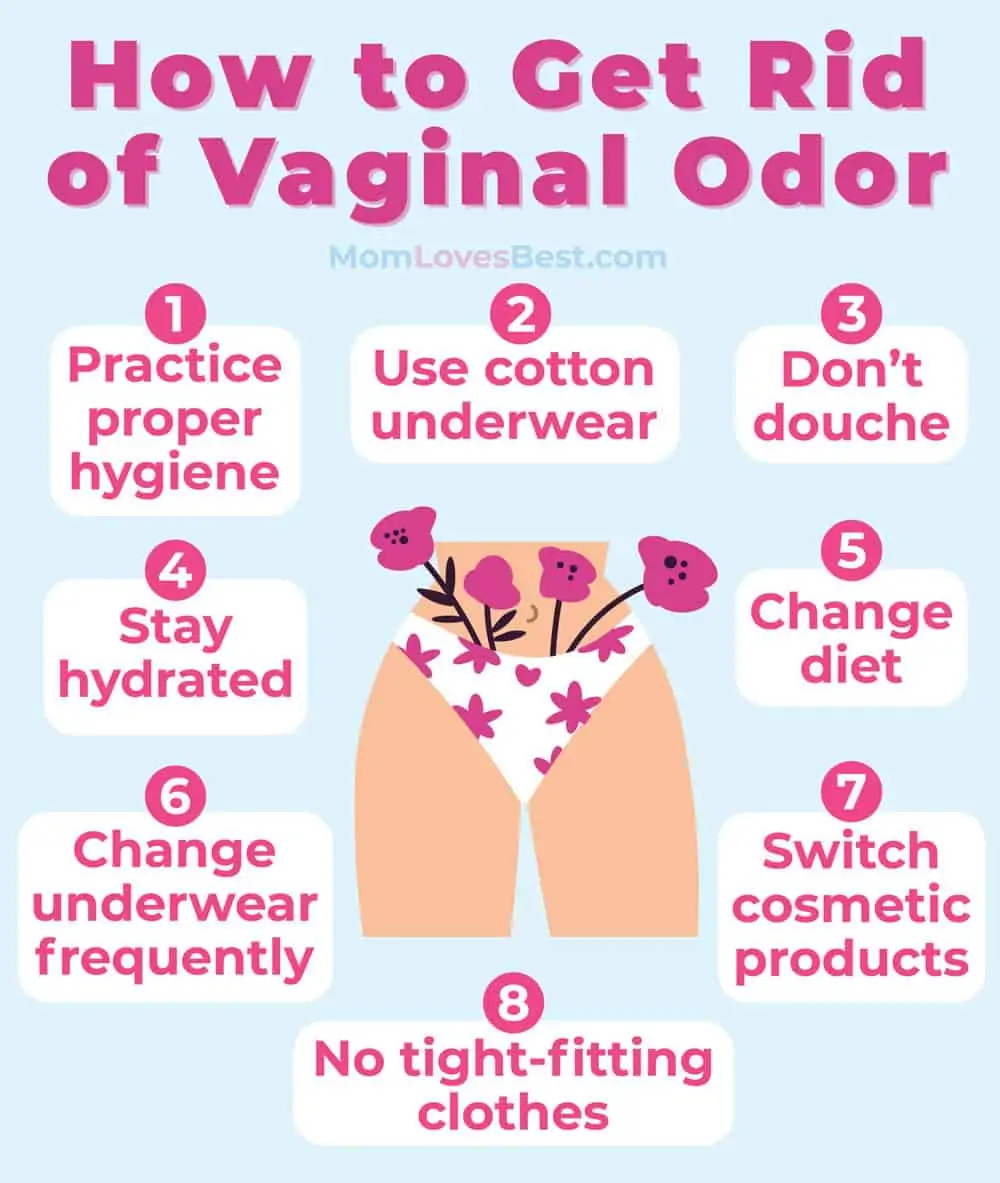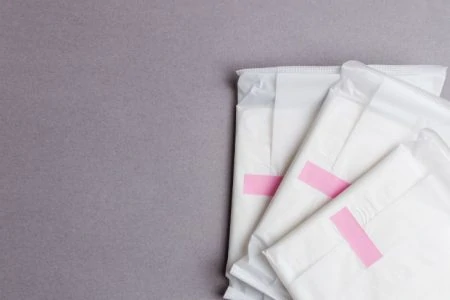Let’s be real: pregnancy changes everything, including the way you smell. If you have noticed a new or stronger aroma “down there,” you might be wondering if it is normal or a sign that something is wrong.
While you expected the belly stretch and the swollen ankles, a change in vaginal scent probably wasn’t on your radar. The good news? It is usually a common side effect of growing a tiny human.
In this article, we will break down why vaginal odor happens during pregnancy, how to manage it safely, and the specific signs that warrant a call to your doctor.
Key Takeaways
- It is common: Roughly 65 percent of pregnant women experience a change in vaginal odor due to hormonal shifts and increased blood flow.
- Know the causes: Scent changes are often triggered by pH imbalance, diet, sweat, or infections like Bacterial Vaginosis (BV).
- Watch for red flags: If the smell is fishy or accompanied by itching, burning, redness, or painful urination, contact your provider immediately.
- Manage it safely: Hydration, cotton underwear, and washing with plain water are the safest ways to minimize odor; avoid douching at all costs.
Is Vaginal Odor Normal During Pregnancy?
Yes, noticing a stronger or different scent is completely normal. In fact, an estimated 65 percent of women report changes in vaginal odor during pregnancy. For some, it is even one of the first symptoms of pregnancy they notice.
If the aroma started after you conceived, it is likely linked to your changing physiology. Your blood volume increases dramatically, and your hormone levels spike, which can alter your natural scent.
However, every pregnancy is unique. You might notice a muskier scent in the first trimester that fades later, or it might stick around until delivery. While it can be annoying, a mild change in odor is usually nothing to worry about.
Causes of Vaginal Odor During Pregnancy
Why is this happening? There are several culprits ranging from benign biological shifts to infections that need treatment.
The physiologic vaginal discharge during pregnancy is known as leukorrhea. This is a thin, white discharge that feels wet. While you may feel like the odor slightly changes, it should not smell foul, and it should not itch or cause pain. Leukorrhea is caused by increased pregnancy hormones and blood flow to your reproductive organs.
Editor's Note:
Caitlin Goodwin, MSN, RN, CNMHere are the most common reasons for the change in scent:
- Hormonal shifts: When you are pregnant, your estrogen levels skyrocket. This fluctuation impacts the pH balance of your vagina, often resulting in a stronger or more acidic scent (1). Additionally, your heightened sense of smell might make you notice odors that were always there.
- Dietary choices: What you eat eventually comes out in your pores and secretions. Strong-smelling foods like garlic, onions, broccoli, excessive dairy, and strong spices can alter vaginal odor. Coffee can also change the way your sweat and urine smell.
- Dehydration: High-concentrated urine has a strong ammonia smell. Since you are drinking for two, it is easy to get dehydrated. If you notice an ammonia-like scent, try upping your intake to at least two liters of water daily.
- Yeast infection: Pregnancy increases the sugar content in your vaginal secretions. Yeast loves sugar, which is why yeast infections are so common during pregnancy (2). While yeast infections usually smell like bread or beer, they are often odorless but accompanied by thick, white discharge.
- Bacterial infection: Bacterial Vaginosis (BV) is caused by an overgrowth of “bad” bacteria. It is the most common vaginal infection during pregnancy and is distinguished by a strong “fishy” odor, especially after sex. BV requires medical treatment because it increases the risk of preterm labor (3).
- Sweat glands: Your body is working overtime, and your metabolic rate is higher. This means you sweat more. The apocrine sweat glands in the groin area produce a fluid that, when mixed with bacteria on the skin, creates body odor.
When Should I Call the Doctor?
While a musky or slightly metallic scent is often just part of the pregnancy package, foul odors can signal an issue.
Contact your healthcare provider if the odor is overwhelmingly strong, smells distinctively like rotting fish, or appears alongside these symptoms:
- Persistent redness or swelling.
- Severe itching inside or outside the vagina.
- Pain or burning during urination or intercourse.
- Unusual discharge (green, yellow, gray, or frothy).
- Cramping or spotting.
Your doctor can easily take a swab of your vaginal fluid to check for bacteria or yeast. It is a quick, painless test that provides peace of mind.
Do not be embarrassed to bring this up. Obstetricians and midwives deal with these issues daily. If it is a yeast infection, safe antifungal creams can help. If it is BV, antibiotics will clear it up and protect your pregnancy.
Urgent
How to Manage Vaginal Odor
If medical causes have been ruled out, the odor is likely hormonal. It typically resolves itself after postpartum recovery. However, you do not have to just live with it until then.
Here are safe ways to minimize the smell and stay fresh:
Fun Fact
Try these hygiene tips to help control the aroma:
- Prioritize hygiene: Wash the external vulva area gently with warm water and a mild, unscented soap. Avoid scrubbing with loofahs, which can harbor bacteria and cause micro-tears (5).
- Never douche: Douching flushes out the healthy bacteria that keep your vagina acidic and safe. It can actually worsen odors by causing bacterial overgrowth and can push infections up into the uterus.
- Choose breathable fabrics: Synthetic fabrics trap heat and moisture, creating a breeding ground for bacteria. Switch to loose-fitting, 100-percent cotton underwear to allow airflow and wick away sweat.
- Change often: If you are experiencing heavy discharge or sweat, bring a spare pair of underwear to work or use unscented cotton panty liners, changing them frequently.
- Skip the tight pants: We love yoga pants, but tight clothing restricts airflow. Opt for skirts or looser trousers when possible to let the area breathe.
- Check your products: Scented pads, sprays, and bubble baths might seem helpful, but the chemicals can irritate sensitive tissue and mess with your pH, leading to worse odors in the long run. Stick to unscented options.
- Adjust your diet: A balanced diet supports overall health. Reducing sugar intake can help prevent yeast overgrowth. Adding probiotics like yogurt, kefir, or sauerkraut can help maintain a healthy bacterial balance in your gut and vagina.
- Hydrate: Diluting your urine by drinking plenty of water helps reduce that strong ammonia smell. Aim for 8 to 10 glasses a day (6).
If you’re going to wear panty liners, try to use all-cotton liners or at least liners that aren’t scented. The extra scent might irritate your skin and doesn’t really help the odor.
Editor's Note:
Caitlin Goodwin, MSN, RN, CNMFAQs
To Sum it Up
Dealing with a new vaginal aroma can feel embarrassing, but remember: you are not alone, mama. Vaginal odor is a very common side effect of the hormonal rollercoaster that is pregnancy. In most cases, it is harmless and will fade after delivery.
However, trust your instincts. If the smell becomes fishy, foul, or is paired with itching and pain, call your provider. Otherwise, stick to cotton undies, drink your water, and avoid the urge to scrub with harsh soaps. Your body is doing amazing work, funky smells and all.












